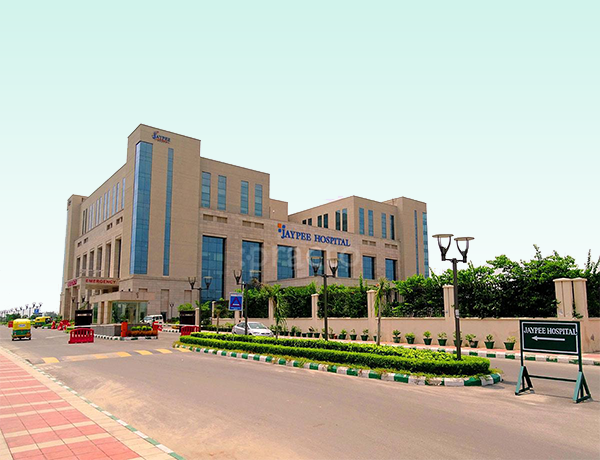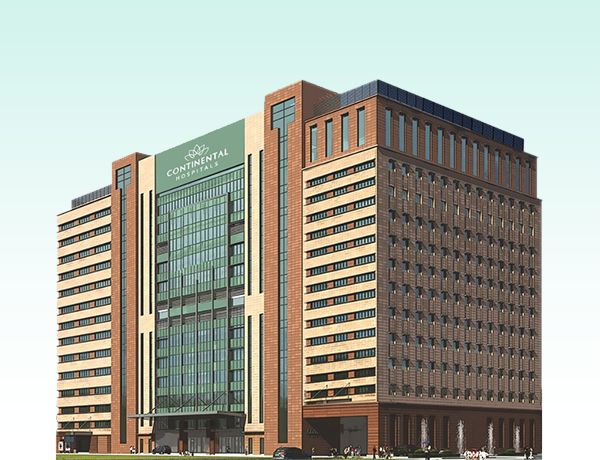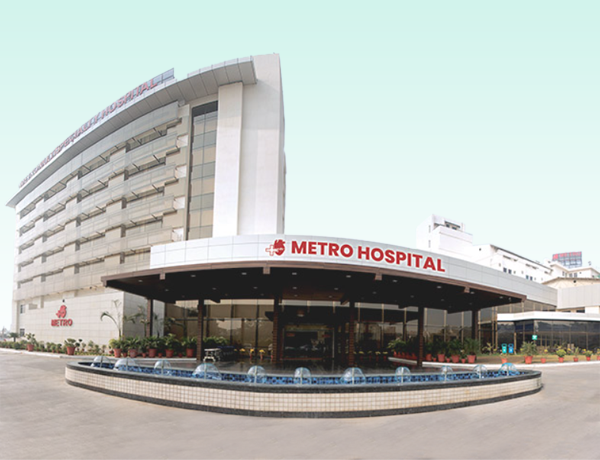Hydronephrosis
Hydronephrosis is a condition in which one or both kidneys become swollen due to incomplete emptying of the urinary tract. It can be sudden or chronic, partial or complete, one-sided or bilateral. It can occur anywhere along the urinary tract from the opening of the kidneys to the ureters (draining the kidneys to the bladder), the bladder, and the urethra (draining the bladder). Problems with any of these structures may cause impaired emptying of the urinary system and back up of fluid and pressure.

Symptoms
The symptoms of hydronephrosis can vary depending on the underlying cause and the severity of the condition. Common symptoms may include:
- Flank or back pain
- Abdominal pain or discomfort
- Frequent urination
- Urgency to urinate
- Blood in the urine
- Difficulty urinating or weak urine stream
- Swelling or bloating in the abdomen
- Fever or chills (if associated with an infection)
Hydronephrosis Diagnosis
To diagnose hydronephrosis, the following tests and procedures may be performed:
- Physical examination: The healthcare provider may palpate the abdomen to check for tenderness or swelling.
- Urine tests: These tests analyze a urine sample for the presence of infection or blood.
- Imaging tests: Imaging techniques such as ultrasound, CT scan, or MRI may be used to visualize the kidneys and identify any blockages or abnormalities.
- Urodynamic studies: These tests evaluate the function of the urinary system, including urine flow and bladder pressure.
Who Needs Hydronephrosis Treatment
Individuals diagnosed with hydronephrosis or those experiencing symptoms associated with kidney obstruction require appropriate treatment. It is crucial to consult with a urologist or nephrologist (kidney specialist) for evaluation and management.
When to See a Specialist
It is advisable to see a healthcare specialist if you experience persistent or severe symptoms such as flank pain, blood in the urine, or difficulty urinating. Prompt medical attention is necessary to identify the underlying cause and prevent complications.
Types of Treatment for Hydronephrosis
The treatment approach for hydronephrosis depends on the underlying cause and the severity of the condition. Some common treatment options include:
- Treating the underlying cause: This may involve medications to dissolve kidney stones, antibiotics to treat infections, or surgical removal of tumors or obstructions.
- Urinary catheterization: In cases of acute urinary retention or severe obstruction, a catheter may be temporarily inserted to relieve urine buildup and pressure.
- Ureteral stent placement: A thin tube called a stent can be inserted to bypass the obstruction and allow urine to flow from the kidneys to the bladder.
- Surgical intervention: In more complex cases, surgery may be required to remove or repair obstructions or correct structural abnormalities.
Road to Recovery
The road to recovery from hydronephrosis depends on the underlying cause, the extent of kidney damage, and the effectiveness of treatment. Regular follow-up visits with healthcare specialists, adherence to treatment plans, and lifestyle modifications may be necessary for long-term management.
Risk Management of Hydronephrosis
To manage the risks associated with hydronephrosis and prevent complications, it is important to:
- Follow the prescribed treatment plan and take medications as directed.
- Stay well-hydrated to promote urine flow and prevent further kidney stone formation.
- Maintain a healthy lifestyle, including a balanced diet and regular exercise.
- Practice good hygiene to prevent urinary tract infections.
- Attend regular check-ups and follow-up appointments with healthcare specialists.
Frequently Asked Questions
1. Is hydronephrosis a painful condition?
Hydronephrosis can cause pain, especially if the obstruction is severe or associated with kidney stones or infection. The level of pain can vary from mild discomfort to intense flank or abdominal pain.
2. Can hydronephrosis affect both kidneys?
Yes, hydronephrosis can affect one or both kidneys, depending on the underlying cause and the site of the obstruction.
3. Can hydronephrosis be prevented?
In some cases, hydronephrosis can be prevented by managing the underlying causes, such as treating urinary tract infections promptly, maintaining good hydration, and addressing conditions that contribute to kidney stone formation.
4. Is hydronephrosis a life-threatening condition?
While hydronephrosis itself is not typically life-threatening, if left untreated, it can lead to complications such as kidney damage, urinary tract infections, or sepsis. Timely diagnosis and appropriate treatment are essential to prevent these complications.
5. Can hydronephrosis recur after treatment?
In some cases, hydronephrosis can recur if the underlying cause is not adequately addressed or if new obstructions or blockages develop. Regular follow-up with healthcare specialists is important to monitor and manage the condition effectively
Treatians As The Best Choice
Treatians understand that seeking medical treatment abroad can be a daunting experience for patients and their families. That’s why the company offers end-to-end support to its clients, from the initial consultation to post-treatment care. The company provides personalized treatment plans that are tailored to meet the individual needs of each patient, and its team of dedicated professionals is always on hand to provide guidance and support throughout the entire process. Contact us at +91-7982312582, drop your email [email protected]
- Trauma & intensive care
- Aged Care
- Community Services
- Diagnosis & Investigation
- Medical & Surgical
- Mental Health
- Rehabitation
- Specialised Support Service
Service Recipient Says

Oxmox advised her not to do so, because there were thousands of bad Commas, wild Question Marks and devious.
Kolis Muller NY Citizen
Oxmox advised her not to do so, because there were thousands of bad Commas, wild Question Marks and devious.
Kolis Muller NY Citizen

























Oxmox advised her not to do so, because there were thousands of bad Commas, wild Question Marks and devious.
Kolis Muller NY Citizen